The kingdom of God is linked to our pursuit of the common good
“Seek first the kingdom of God and all these things will be added unto you.” These words from Matthew’s Sermon on the Mount, following Jesus’s teaching on worry, form a theme common in the teachings of Jesus as he announces the coming of the kingdom.
Some quick searches of the Gospels in English (NIV) reveal a lot. The word “kingdom,” which is linked to the synonyms “kingdom of God” or “kingdom of heaven,” appears 121 times. The word “disciple” appears 27 times, “baptism” appears 8 times, and “church” only appears 2 times. I would not want to place too much emphasis on simple word searches in English, but this at least illustrates the importance of the kingdom.
Certainly, the words baptism, disciple, and church are very significant theological terms, but historical bifurcations between the “church” and the “world” have occluded the importance of Christ’s kingdom. Evangelicals have rightly maintained their emphasis on personal salvation, discipleship, and faithful worship, but we must also remember to hold in our minds a vision of a transformed society where the goodness of God’s creation blesses all. This includes access to clean water, food, safety from physical attacks, and opportunities to live a full life. Many of these things are linked to justice and the common good. God has revealed himself through creation to all, even those who have not received special revelation through scripture or another Christian. Creation preaches about God’s glory and goodness to all. In the same way working for justice and the common good should include everyone. God brings rain to both the unjust and the just.
In our complicated geopolitical world, working for justice often means working in political systems. The WEA’s Global Advocacy Department works for justice in a number of different arenas. We stand up for those forced from their homes by war and seek refuge in places of safety. We aim to identify victims of human trafficking to shine a spotlight on unjust systems that shirk accountability. We desire to help the church be catalysts for peace and reconciliation, dealing with pervasive enmity. We work towards sustainable living, caring for God’s creation as we have been commanded even before sin entered the world. We speak out for the persecuted and work through the United Nations to engage with political authorities.
In all these arenas we work for the good of all, and especially the household of faith. In this way we continue the work Jesus started in his earthly ministry as announced in Luke 4:18-20. We proclaim good news to the poor, call for the freedom of those wrongly imprisoned, work for healing of the sick and blind, and labor to free those who are oppressed. I invite you to read about our work below and consider ways you might join in.
New Health Initiative
Several years ago the WEA committed to help advance the safety of health facilities in poor countries by advancing the use of good WASH practices. WASH, an acronym for Water Sanitation and Hygiene, is key to ensuring that facilities have clean water and use methods for preventing the spread of disease organisms. Thanks to Christine MacMillan, we revisited the commitments made several years ago and decided to re-engage with WHO to continue the work on WASH.
Our commitment to WASH is also an opportunity to ask what is the role of the church, alliances, and WEA in advancing health and wellness. The Global Advocacy department has agreed to support a proposal to WEA leadership to declare Health and Wellness as important objectives for WEA in its work with alliances and the local church. This proposal will take the form of a set of papers, starting with a theological statement on health and the church. This will lead to a second statement on the role of the church, and then to the role of WEA. These papers can be thought of as answering three basic and related questions: Is advancing health and wellness part of God’s plan for the church, if it is, how can the church do this, and what role would WEA and its members play in assisting the church to fulfill this role.
Currently a health and wellness working group began work on these questions. Those who may be interested in contributing should contact David Boan, ([email protected])
UN New York
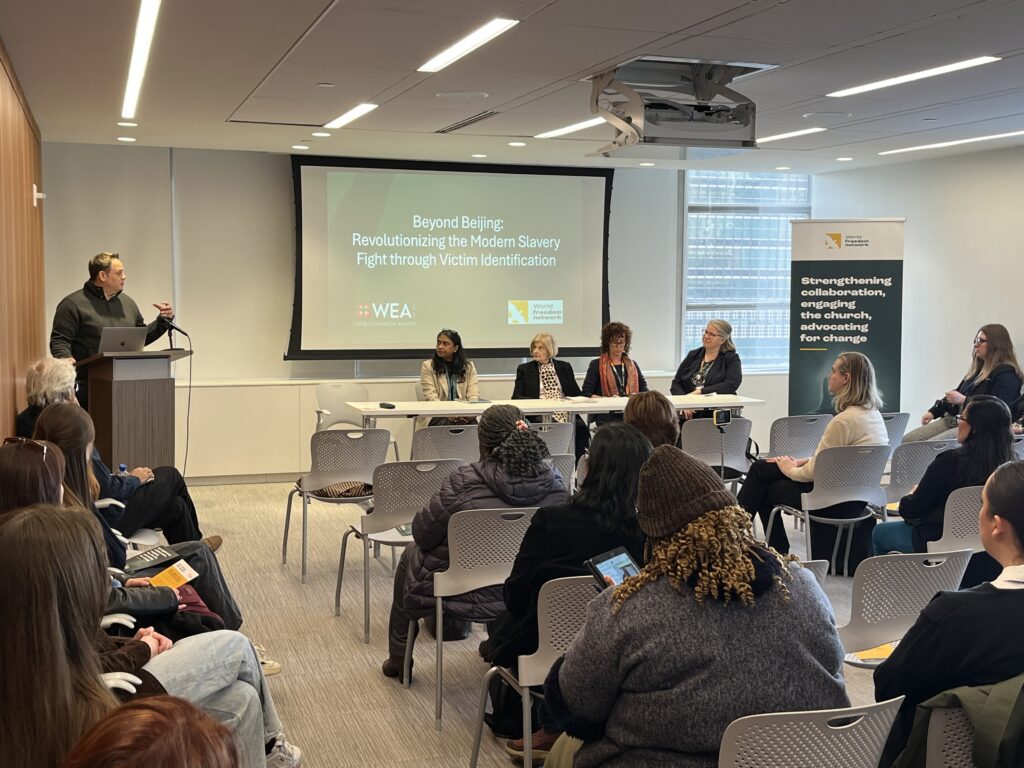
On March 13, 2025, the World Evangelical Alliance (WEA), in partnership with the World Freedom Network and the NGO Committee on the Status of Women, hosted a side event during the 69th session of the UN Commission on the Status of Women (CSW69) in New York.
Under the theme “Beyond Beijing 1995: Fighting Modern Slavery Through Victim Identification,” the event addressed the critical gap in victim identification within the global fight against human trafficking highlighting the reality that fewer than 0.5% of victims are ever formally identified.
Held at the Church Center for the United Nations, the event brought together a distinguished panel of experts and faith leaders. Among the speakers were Helen Avadiar-Nimbalker, Director of the Asian Freedom Network; Dr. Havilah Dharamraj of the South Asia Institute of Advanced Christian Studies; Christine MacMillan, Senior Advisor to the WEA UN Mission; and Daniel Garnett, Program Director of the Rain Collective in Jordan. Also joining the discussion were Dr. Jason Pope, Executive Director of Rain Collective; Sarah Scott Webb, Director of the Oceania Freedom Network; Jennifer Tunehag, Global Director of the World Freedom Network; and John Girgis, Permanent Representative of the World Evangelical Alliance to the United Nations.
The panelists shared regional case studies, innovative strategies, and urgent calls to action to strengthen victim identification systems worldwide.
Advocating for At-Risk Religious Minorities
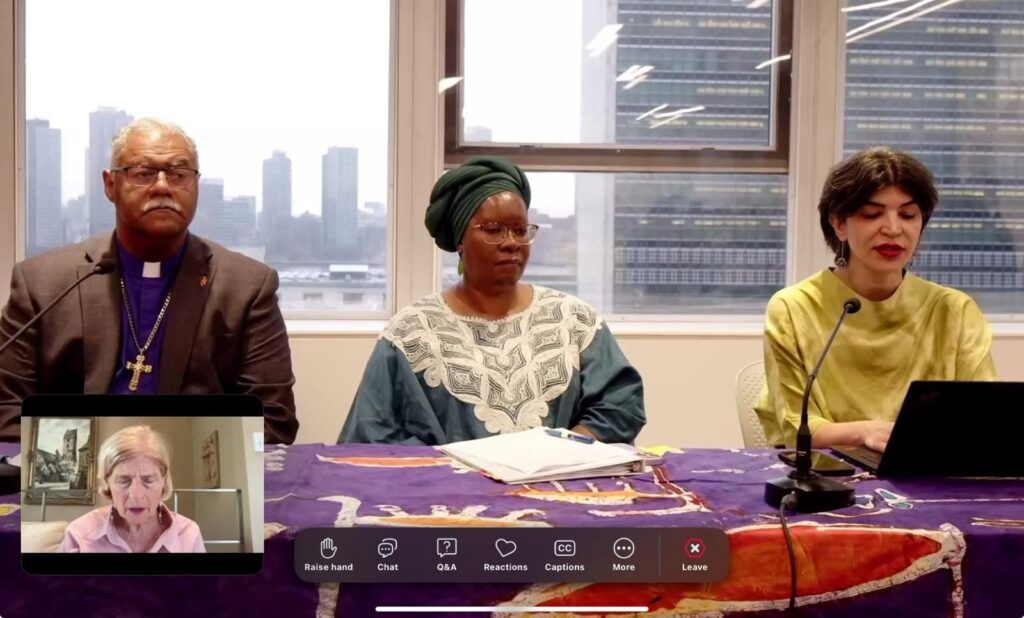
The WEA UN office recently participated in a series of high-level meetings with the U.S. State Department officials and faith-based partners to advance protections for religious minorities. Highlights included a hybrid IRF Roundtable with Nadine Maenza and a working group on refugee resettlement led by Ambassador Sam Brownback, focusing on vulnerable communities from Afghanistan and other Countries of Particular Concern. WEA also co-signed a letter to the White House urging the re-funding of refugee resettlement efforts. These engagements reflect WEA’s ongoing commitment to ensuring faith-based freedom and protection for the displaced.
UN Geneva
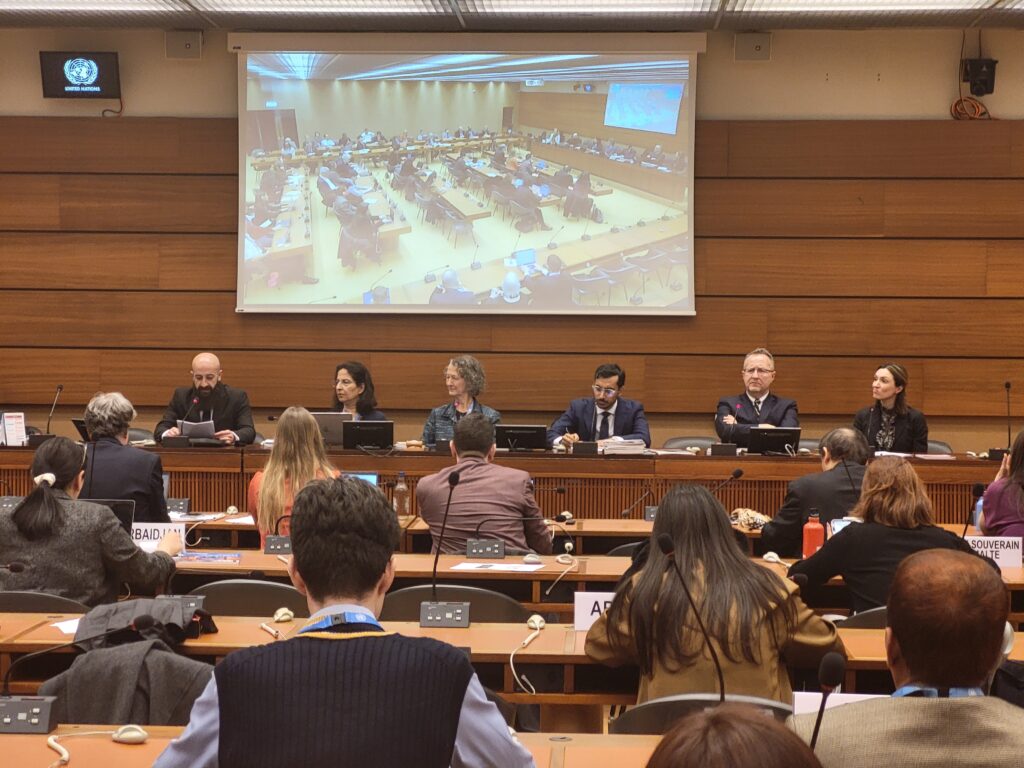
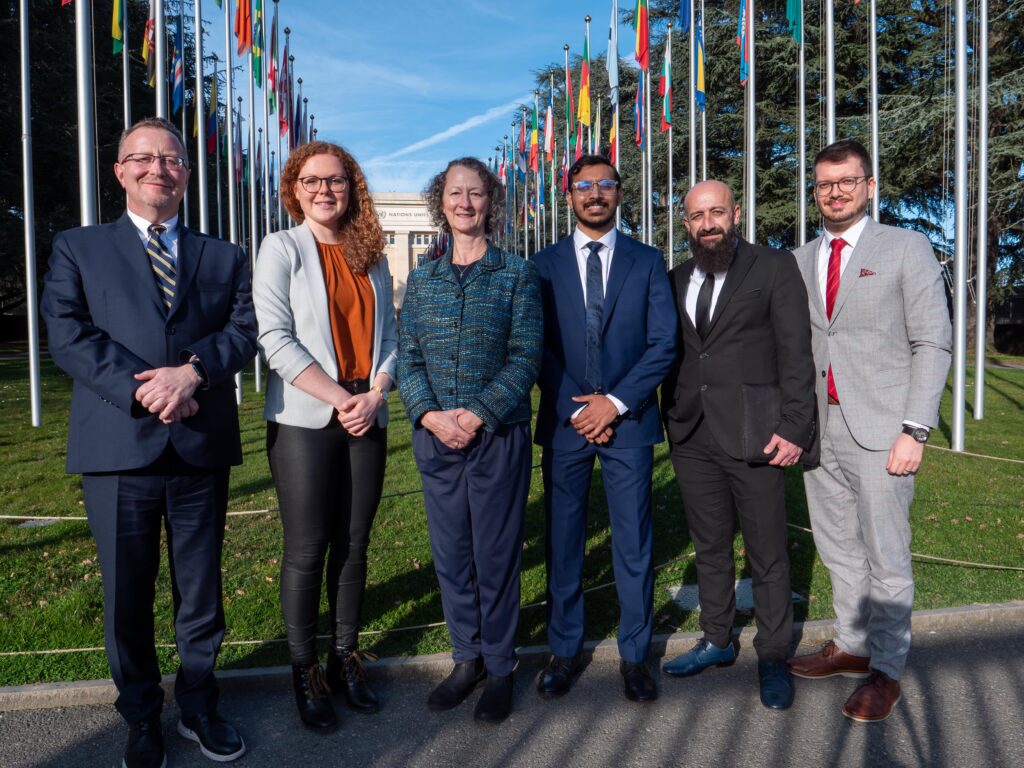
The March session of the Human Rights Council is the most important and busy session for the WEA Geneva office as both the Special Rapporteur on freedom of religion or belief and the Special Rapporteur for minorities present their reports. This means that the Human Rights Council has a focus on issues that are of deep concern to our global evangelical community. As well, many experts on religious freedom are in Geneva so it is an important time to connect and raise particular issues with them.
This March session, the WEA Geneva Office held a side event, made two written statements, four oral statements and co-sponsored two oral statements made by other organizations. We highlighted Eritrea, India, Afghanistan and the Democratic Republic of Congo. All our statements can be found here. In addition, the Geneva Office Director moderated a side event sponsored by another group that focused on religious freedom in several restricted countries.
The highlight of this session was our side event on March 5 focusing on requirements for registration or discrimination in registration or legal status that make it difficult or impossible for churches to hold legal worship services. We brought speakers from our national alliances in Sri Lanka, Türkiye and Serbia to speak on these issues. As well, Susan Kerr from the Organization for Security and Co-operation in Europe (OSCE) and UN Special Rapporteur on freedom of religion or belief, Nazila Ghanea, spoke about the broader issues. The event was well attended with delegates from at least 13 countries present. The event can be viewed online here. This topic is so important for Christians in many countries because if they hold a church service that is not considered legal, the pastor may be jailed.
Our voice is being heard by the global community. We have heard much positive feedback and thanks for raising these issues. Christian Daily, Evangelical Focus and The Geneva Times all had articles about our participation in this Human Rights Council session.
Dr. Janet Epp Buckingham shared Advocacy work among AEA
Dr. Janet Epp Buckingham, Director, WEA Geneva Office to the UN at the World Evangelical Alliance, shared about the WEA Advocacy work during a session at the 13th General Assembly of the Association of Evangelicals in Africa (AEA), held in Nairobi, Kenya.
Dr. Buckingham shared deep insights on the role of advocacy within the African evangelical context, emphasizing the importance of defending religious freedom, engaging governments with truth and grace, and empowering national alliances to speak with a united voice on critical social and moral issues.
Peace and Reconciliation Network
PRN Europe and PRN Canada were partners in the design and delivery of the 2025 Christian Community Development Conference in Frankfurt, Germany. The conference theme, Seeking Peace in Uncertain Times, was timely and the topics and discussion were well attended with particular growth in participation of a younger generation of leaders. The two PRN regions are also collaborating on the development of a curriculum that will equip churches on “Disagreeing Well Together.” This curriculum is in the process of being tested in specific contexts involving a variety of focus groups on both sides of the Atlantic.
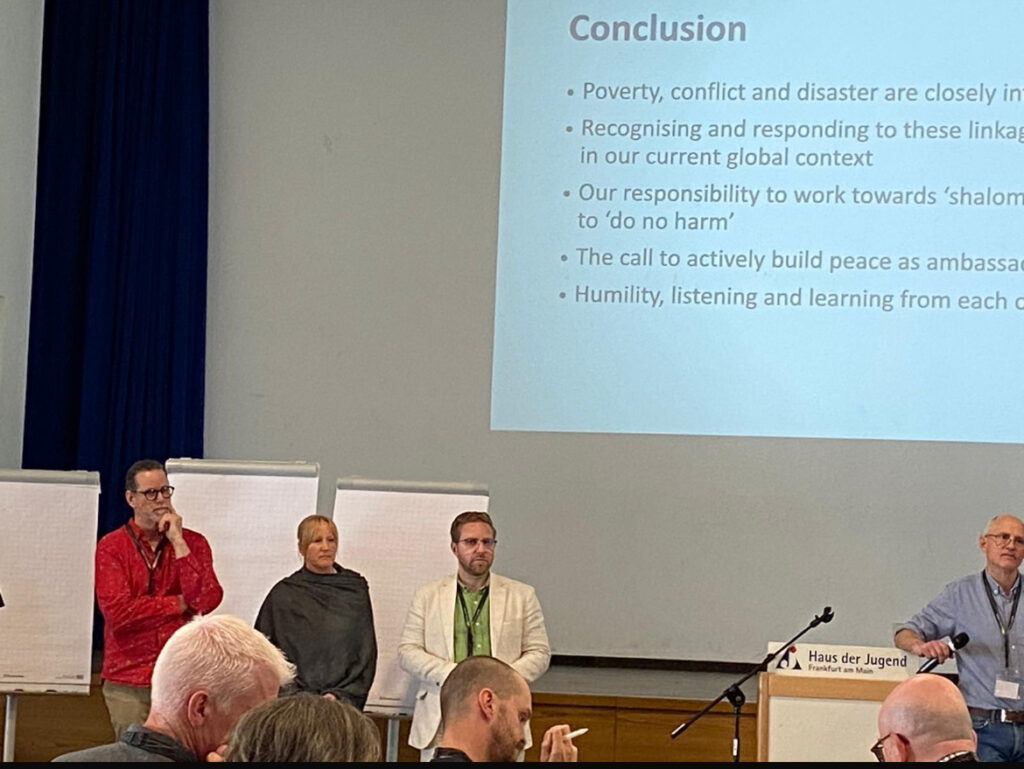
PRN has appointed Dr. Joseph Nyamutera of Rwanda as Migration and Diaspora Coordinator. This is a crucial addition to the team since the realities of conflict and unrest inevitably lead to people migrating and displacements. Dr. Nyamutera envisions strengthening the capacity of churches to respond as reconciling communities to displaced peoples and for displaced Christians to see their displacements as not disconnected from God’s mission in the world. Each PRN team seeks to include diaspora presence for this reason.
PRN Middle East North Africa had planned on a regional summit in March to continue their work on a united and theologically grounded prophetic response to the diversity of conflicts in their region. The March meeting was postponed for security reasons, but is now planned for the end of May. Representatives from many countries will be present and much prayer is needed.
PRN Global Prayer Coordinator, Anneke Rabe of South Africa, gathers all who seek to pray for needs related to peace and reconciliation for the church and world each week online. This undercurrent and “sap” of the tree is proving crucial for the challenging work of PRN teams around the world.
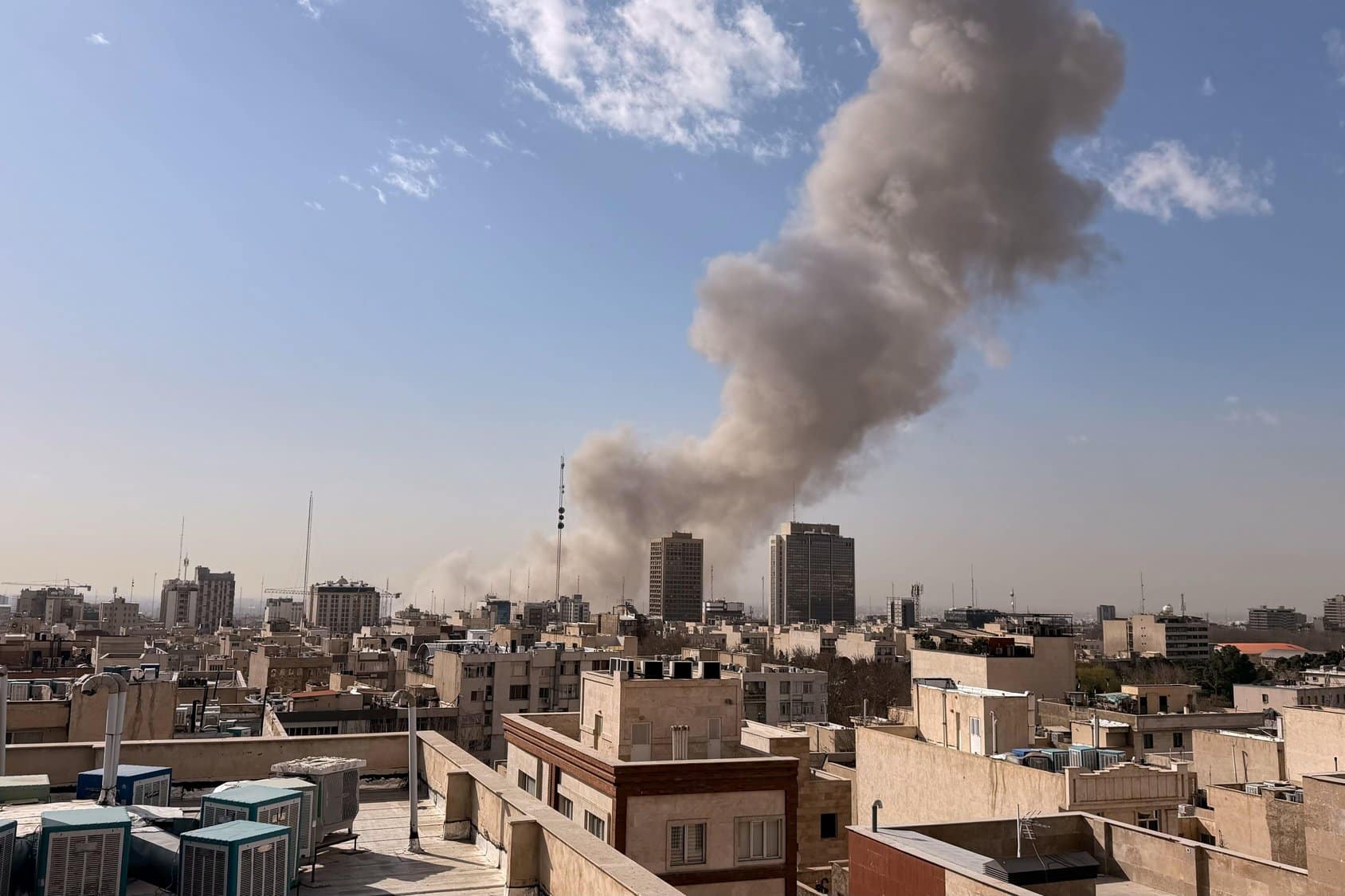
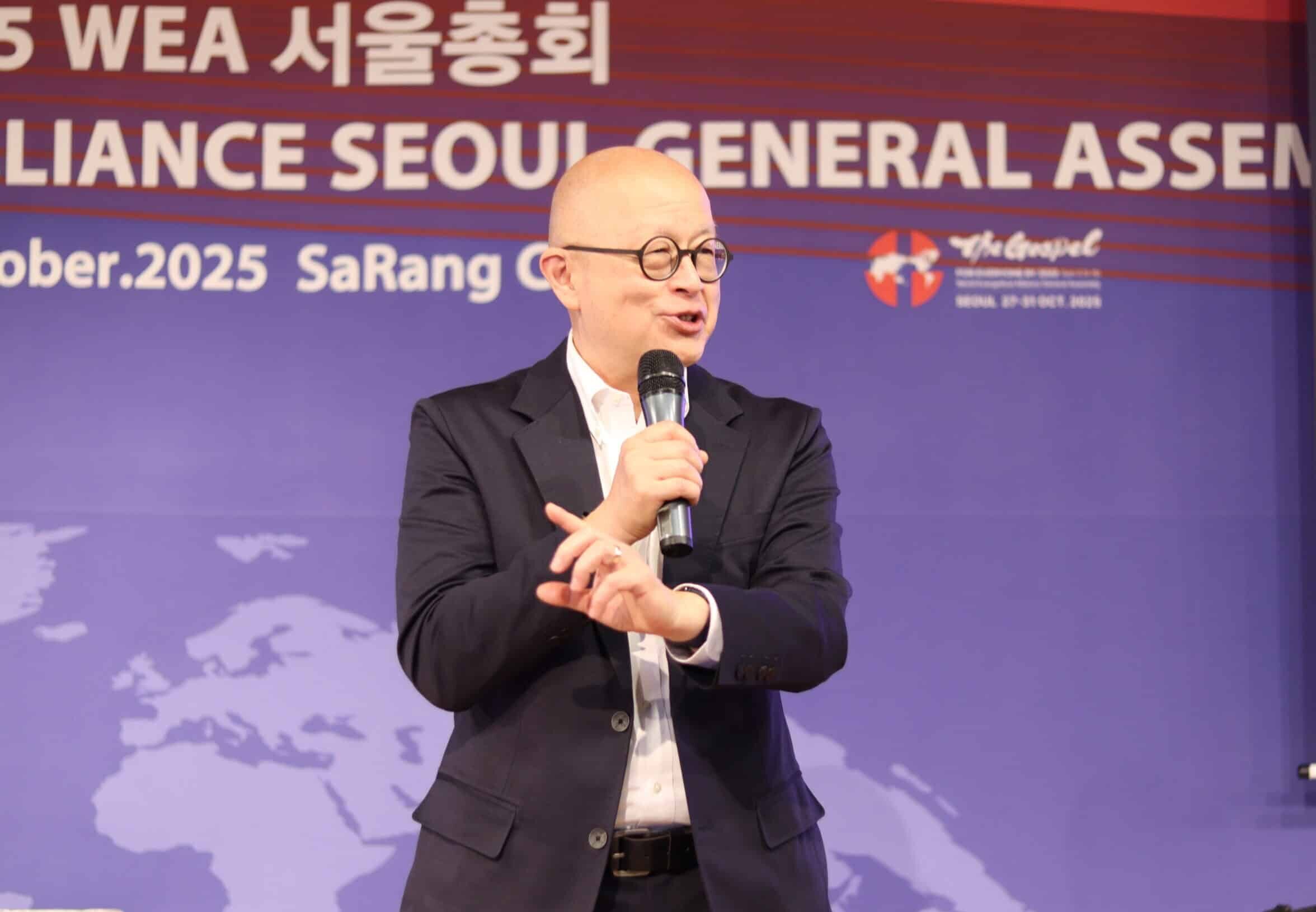
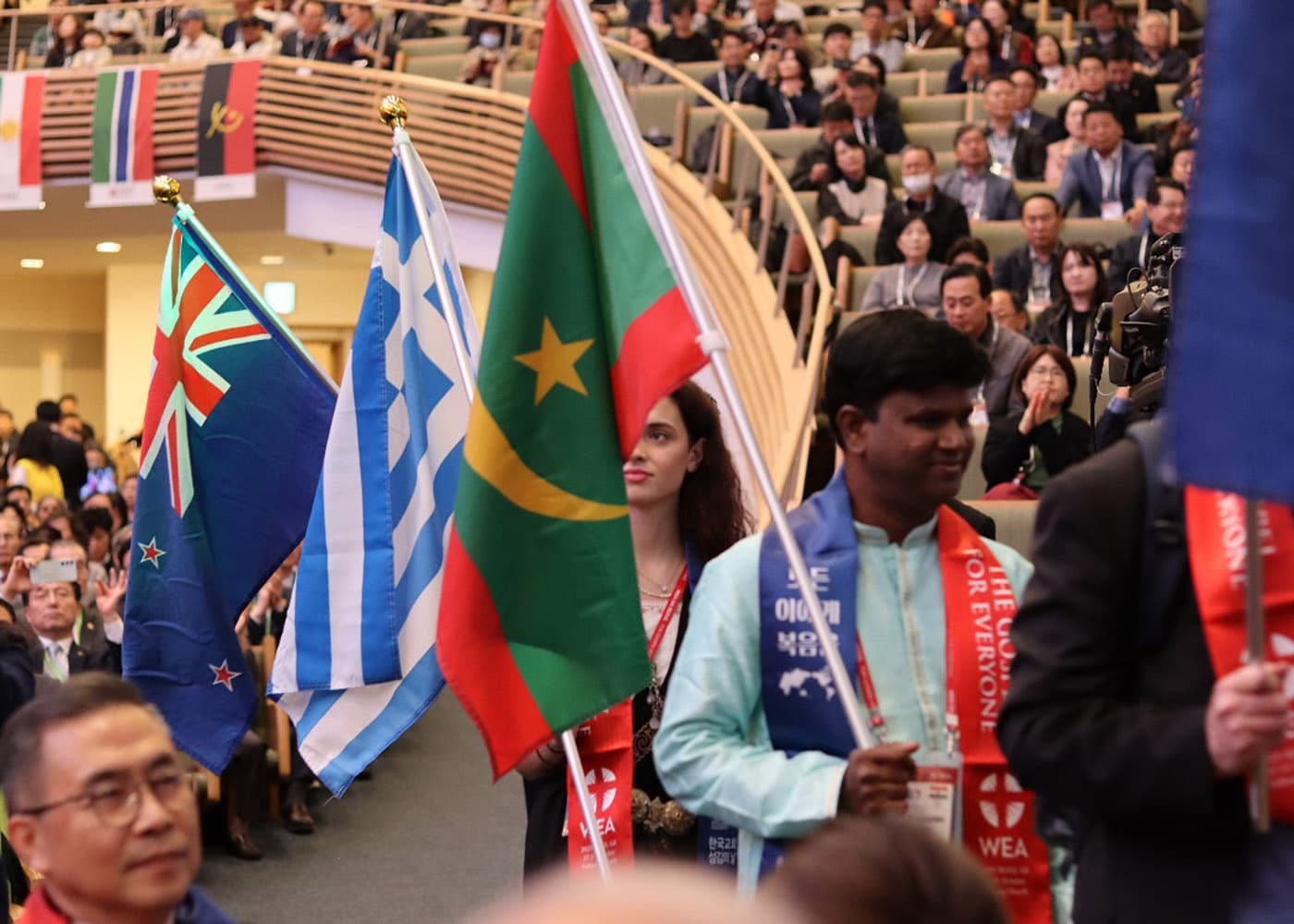


Stay Connected